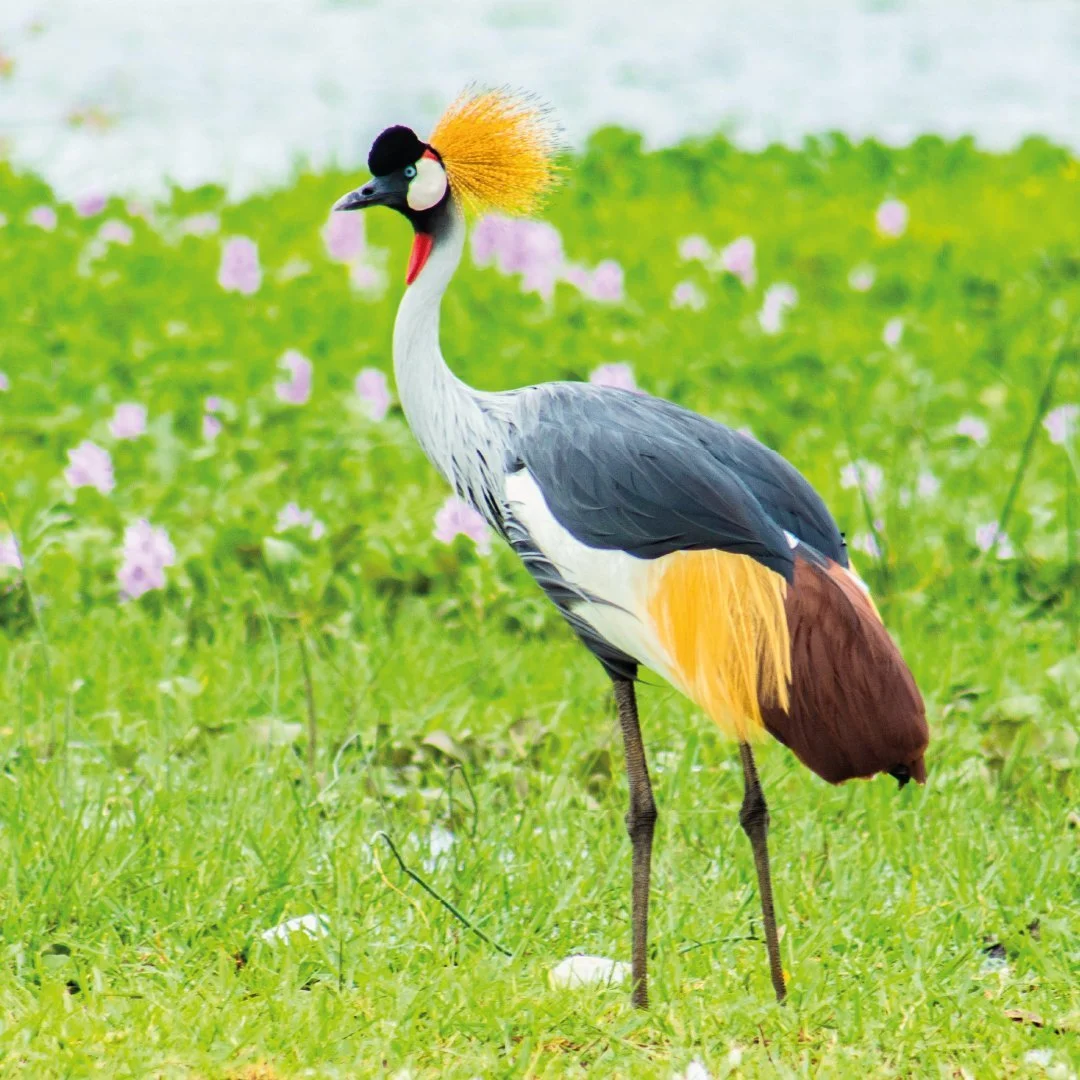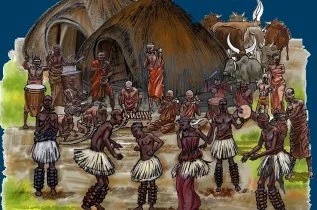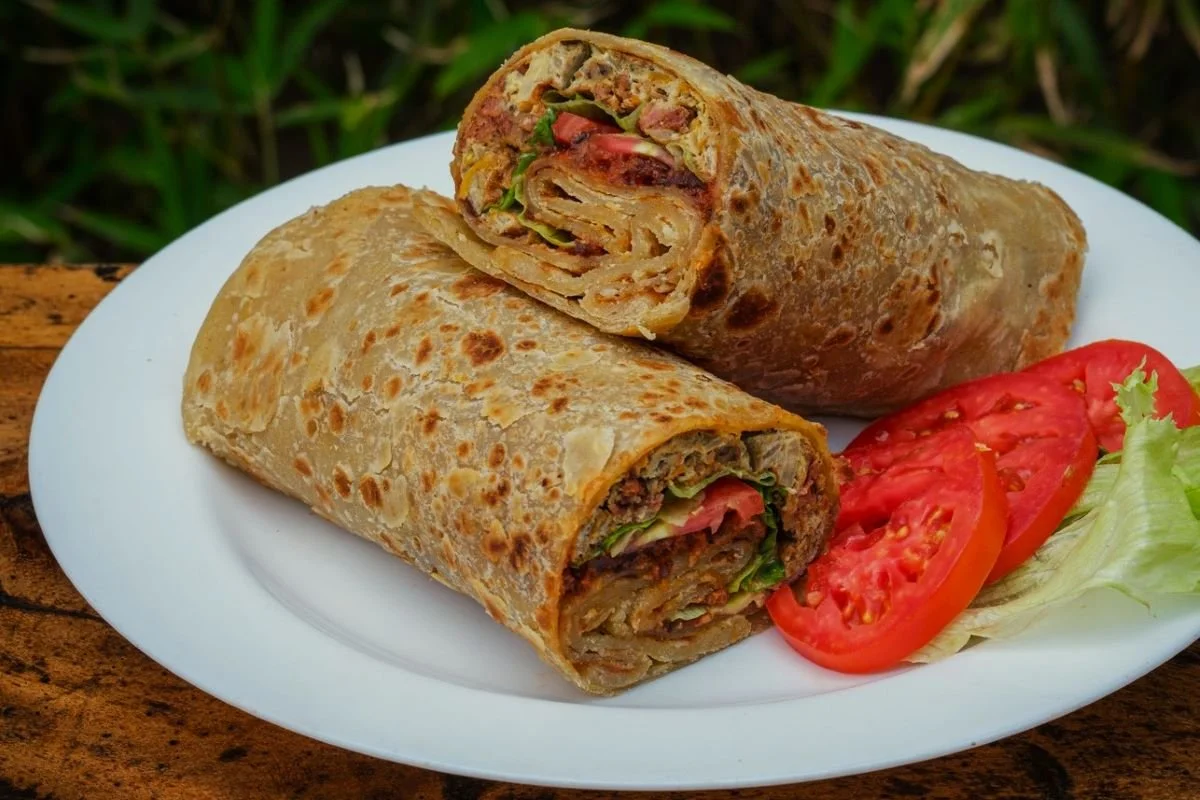Our History
Uganda, the “Pearl of Africa”, boasts a rich history shaped by ancient kingdoms, colonial encounters, and a journey to independence.
Ancient Kingdoms: The region was home to powerful kingdoms such as Buganda, Bunyoro, Toro, Ankole, and Busoga, each with its own unique culture, traditions, and leadership.
European Arrival: In the late 19th century, explorers and missionaries arrived, with the British establishing Uganda as a protectorate in 1894. Missionaries introduced schools, while trade and cash crops like coffee and tea transformed the economy.
Independence: Uganda gained independence on October 9, 1962, led by Milton Obote and Sir Edward Mutesa II, marking a new era of self-governance.
Modern Era: Despite political challenges in the 1970s and 1980s, Uganda has steadily grown under stable leadership since 1986, blending traditional cultures with modern development.
Today, Uganda offers travelers a glimpse into its rich past through ancient kingdoms, cultural festivals, historical sites, and museums, all set against breathtaking landscapes.
Our Food
Ugandan food is hearty, flavorful, and rooted in local ingredients. Staples include matoke (steamed green bananas), posho (maize porridge), sweet potatoes, cassava, and rice.
Proteins: Meat, fish, and beans are commonly enjoyed. Popular dishes include grilled tilapia, goat stew, beef, and chicken.
Vegetables & Greens: Uganda’s fertile land provides a variety of vegetables, including nutritious greens like sukuma wiki (collard greens).
Street Food & Snacks: Try rolex (chapati rolled with eggs and vegetables), fried cassava, or roasted maize for quick, flavorful bites.
Fruits: Tropical fruits abound, including mangoes, pineapples, passion fruit, and jackfruit, often eaten fresh or juiced.
Beverages: Traditional drinks include waragi (local gin), millet beer, and fresh fruit juices.
Ugandan cuisine is a blend of flavors, textures, and traditions, offering visitors an authentic taste of the country’s rich agricultural bounty and cultural heritage.
Amaka - Come see our home and make it your own
In Luganda, our native language, “Amaka” means “home”. We want to welcome the world to the “Pearl of Africa”, and share the beauty of Uganda with you. Welcome to our home
Our Culture
Uganda is more than just breathtaking landscapes and unforgettable wildlife—it’s a country alive with vibrant culture and warm hospitality. Home to over 50 ethnic groups, each with its own language, music, dance, and traditions, Uganda offers a rich cultural mosaic for every visitor to explore.
From the rhythmic drumming and spirited dance performances of the Baganda, to the colorful festivals of the Batooro and the ancient storytelling traditions of the Acholi, Uganda’s culture is a celebration of diversity and unity. Markets bustle with handmade crafts, traditional foods like matoke and Rolex (a tasty rolled chapati), and the joyful sounds of everyday life.
Whether you’re sharing a meal in a local village, learning to dance to Afrobeat rhythms, or exploring the royal heritage of the Buganda Kingdom, you’ll find that Ugandan culture is open, welcoming, and deeply connected to the land and its people.
Come for the wildlife—stay for the soul of Uganda.




